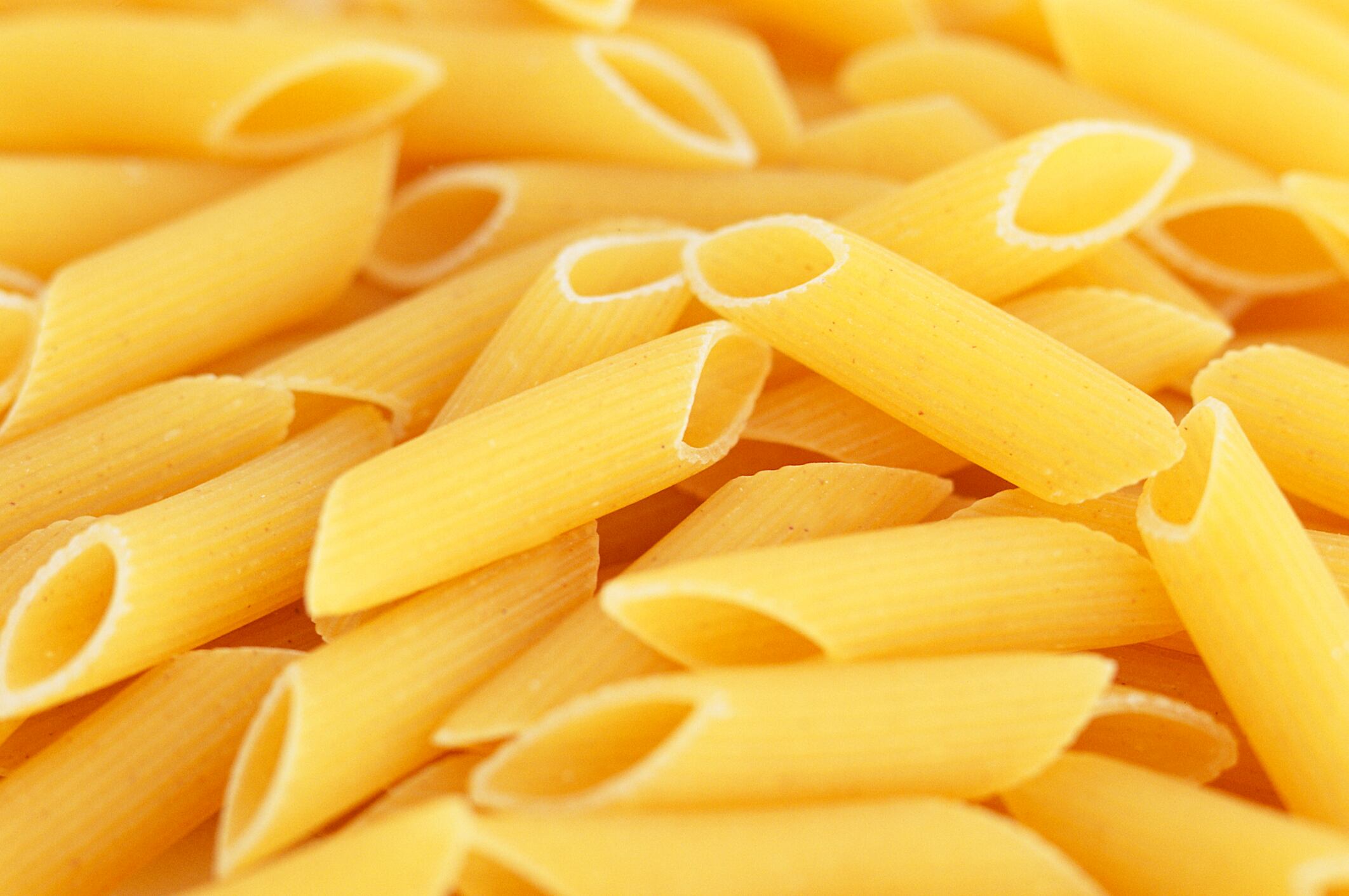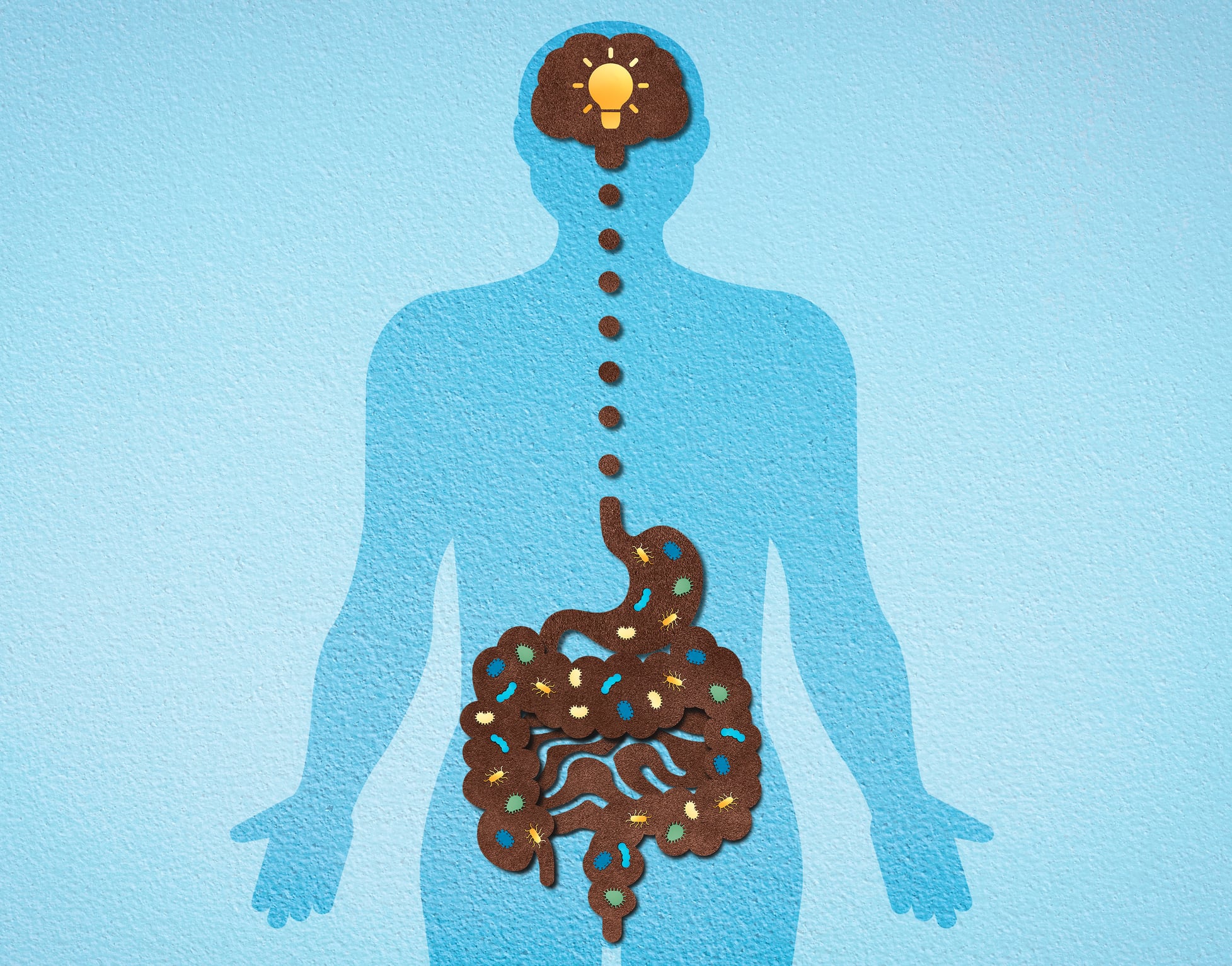After the four-week intervention, Shouchella clausii UBBC-07 colonized 50% of participants in the probiotic pasta group, and these ‘responders’ experienced statistically significant 1% reductions in body weight and 6% reductions in diastolic blood pressure, compared to non-responders, according to findings published in Current Research in Food Science.
Researchers from the University of Naples Federico II reported that responders also had a 14% increase in HDL-cholesterol and a 17% decrease in the ratio of LDL-to-HDL. The latter is a predictor of coronary atherosclerotic heart disease, they wrote, and “might be clinically relevant.”
“Individual baseline microbiome profiles influenced both colonization and metabolic response, with colonization-permissive individuals (responders) exhibiting notable reductions in LDL/HDL ratio, body weight and diastolic blood pressure, accompanied by microbiome shifts characterized by increases in SCFA-producing taxa and decreases in obesity-associated microbes, mechanisms that likely underlie the observed metabolic benefits,” they wrote. “In contrast, non-responders showed improved gut permeability without systemic metabolic improvements, highlighting the critical role of colonization in mediating clinical outcomes.”
Study details
The randomized controlled trial included 40 adults with an average age of 35.4 and an average BMI of 27.6 kg/m2. The participants were randomly assigned to consume 80 grams per day of normal pasta (control) or probiotic pasta enriched with S. clausii UBBC-07.
The results showed that, after four weeks, the probiotic pasta was associated with an 11% increase in HDL cholesterol compared to baseline values, while gut permeability measures also improved.
Further analysis revealed that only 50% of the probiotic group responded to the probiotic and displayed more S. clausii in their feces. Compared to non-responders, the “responders” had very different microbiome traits at the start of the study. Specifically, responders were found to have higher levels of Dorea and Mediterraneibacter in their gut microbiome at the start of the study. Both genera have been linked to obesity. On the other hand, the gut microbiome of non-responders was dominated by the genus Bacteroides.
“The Bacteroides-associated enterosignature, linked to high-protein and animal-fat diet, plays a central role in the resilience of Westernized gut microbiome,” wrote the researchers.
Responders experienced reductions in both diastolic blood pressure and body weight compared to non-responders and also had significant reductions in the LDL-to-HDL ratio after four weeks, which correlated with increased levels of Akkermansia muciniphila and Harryflintia acetispora at the end of the study. There were also reductions observed for Ruminococcus torques and Dorea longicatena after four weeks.
“Altogether, these findings underscore the importance of individual microbiome profiling in the design of personalized functional foods that could effectively prevent metabolic disease through targeted modulation of the gut ecosystem,” the researchers concluded.
Source: Current Research in Food Science, Volume 11, 101215. doi: 10.1016/j.crfs.2025.101215. “Probiotic pasta consumption improves lipid metabolism and reduces gut permeability in overweight and obese adults: a randomized controlled trial”. Authors: S. Tagliamonte, et al.





